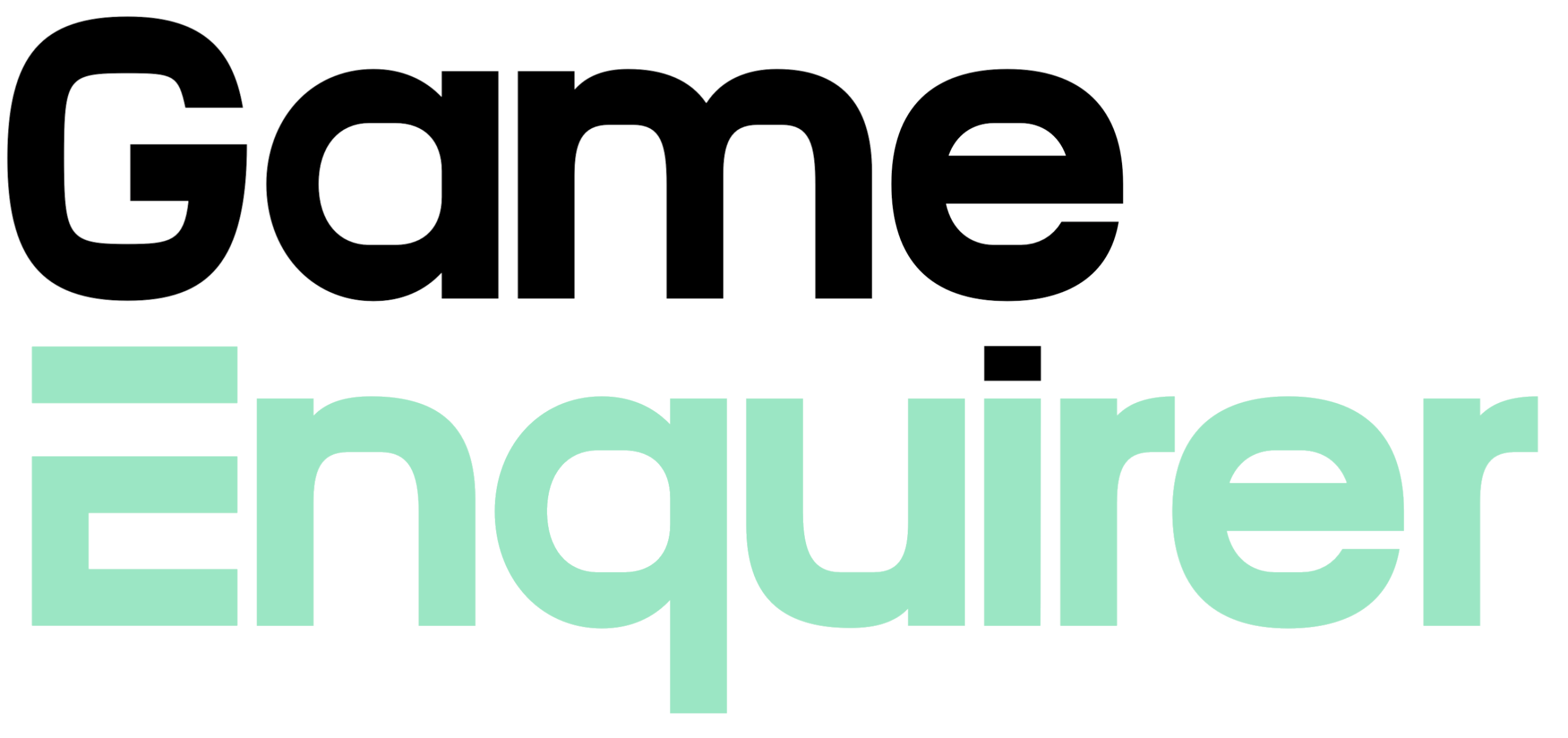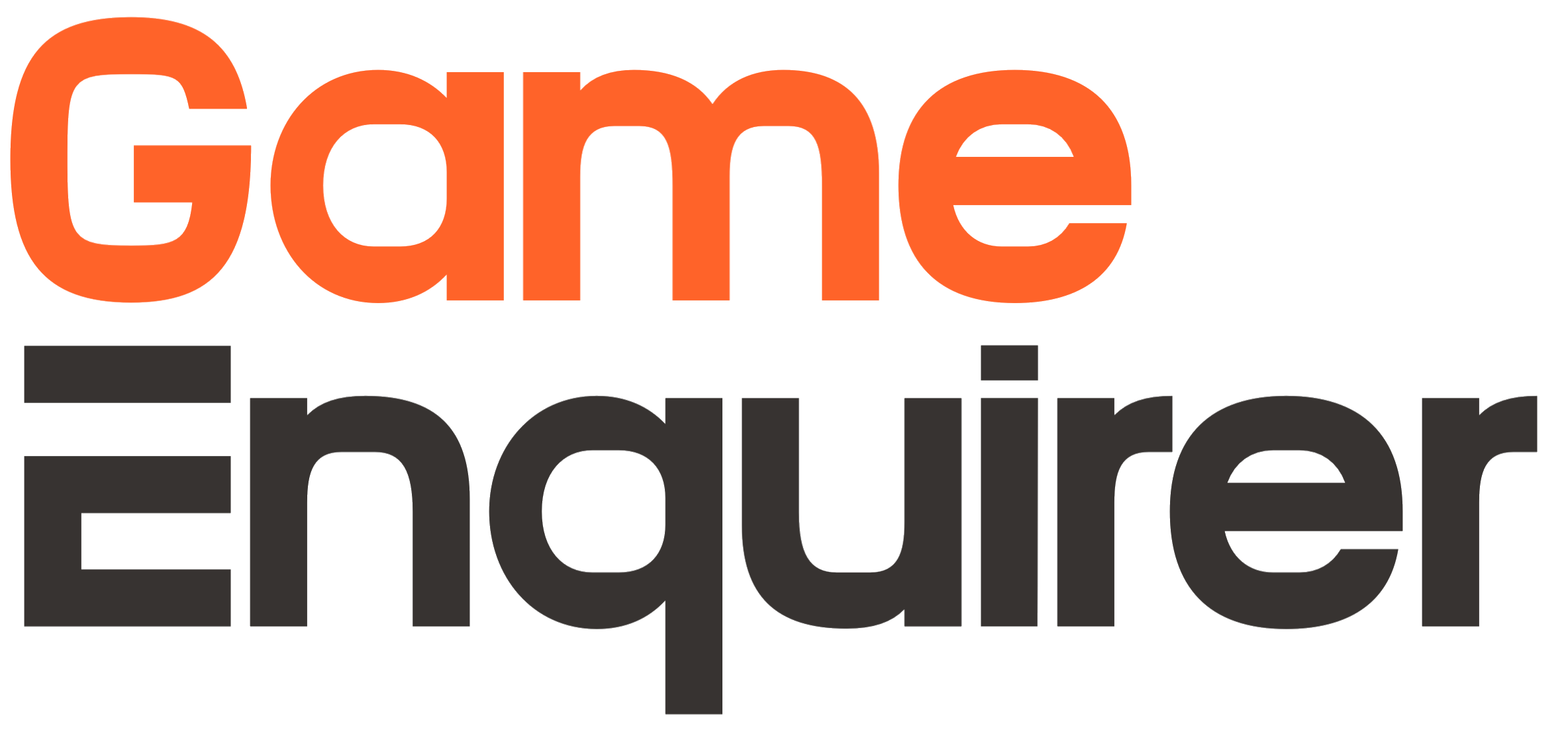Capcom is bringing the Nintendo DS-era Mega Man Star Force series back in a comprehensive package, confirming that the Mega Man Star Force Legacy Collection will include seven games. The count reflects every version of the trilogy released across regions, bundling the full slate into a single release for the first time.
The collection gathers Mega Man Star Force 1’s three variants (Pegasus, Leo, Dragon), the two versions of Star Force 2 (Zerker x Saurian and Zerker x Ninja), and both editions of Star Force 3 (Black Ace and Red Joker). It follows Capcom’s recent strategy with Mega Man Battle Network Legacy Collection, signaling continued investment in preserving its handheld-era RPG offshoots for longtime fans and new players alike.
Full roster from Pegasus Leo Dragon to Black Ace Red Joker explained
Capcom’s package lines up every hero form, ally, and nemesis the series introduced across its version splits, ensuring version‑exclusive content is represented and documented. The opening era bundles the elemental champions and their FM‑ian adversaries, while the second wave’s Tribe transformations expand the roster and raise the stakes with ancient threats. Expect consolidated Battle Card pools, SP/EX rematches, and archival extras that underline how character roles evolved from school corridors to interstellar crises. Highlights include:
- Forms – Ice Pegasus, Fire Leo, Green Dragon, Zerker x Ninja / Saurian
- Allies – Geo Stelar & Omega‑Xis (Mega), Sonia Strumm (Harp Note), Luna Platz, Bud Bison, Zack Temple
- Antagonists (SF1-SF2) – Taurus Fire, Cygnus Wing, Queen Ophiuca, Gemini Spark, Cancer Bubble, Libra Scales, Rogue, Yeti Blizzard, Plesio Surf, Terra Condor, Hollow, Le Mu
The final phase pivots to Noise and satellite‑level power, culminating in rival super‑forms and a cosmic endgame. The collection tracks how the cast funnels into factional conflicts-Jokers, Corvus, Virgo-while maintaining continuity for returning heroes and their Bonds. Competitive staples like multi‑version boss sets, Giga Card access, and post‑game encounters are preserved so the full cast arc can be seen in one place, from classroom introductions to a showdown in crimson space. Core inclusions:
- Noise/Super Forms – Black Ace, Red Joker (with Noise Change lines represented across encounters and card drops)
- Antagonists (SF3) – Joker/Dread Joker, Queen Virgo, Jack Corvus, Diamond Ice, Club Strong, Spade Magnes, Acid, Crimson Dragon
- Roster notes – version‑exclusive bosses and cards surfaced across all included games; SP/EX bosses and secret rematches; ally support battles and cross‑save rewards that showcase the entire cast’s development.
Version exclusive content and how the collection streamlines link features
The anthology bundles every regional variant across the trilogy, letting fans experience all seven releases without juggling cartridges or save files. Each version still carries its signature identity-elemental forms, bosses, and Giga Cards-but the compilation catalogs them clearly so completionists can see what they’re missing at a glance. Highlights include:
- Star Force 1 – Leo, Dragon, Pegasus: Fire/Wood/Ice-themed transformations, version-only bosses, and exclusive Giga Cards that shape your early-game build.
- Star Force 2 – Zerker x Ninja, Zerker x Saurian: Distinct Tribe fusions with unique charge attacks and cards; version quests and encounter pools vary to encourage alternate playthroughs.
- Star Force 3 – Black Ace, Red Joker: Divergent final forms tied to the Noise system, variant-only bosses, and card drops that reward different routes to S-rank dominance.
Where the DS originals relied on local connections and discontinued online services, the modern package streamlines progression and linking so those exclusives feel reachable rather than gated. The collection’s quality-of-life pass reduces friction while preserving competitive integrity, with improvements such as:
- Unified online battles and trades: Quick matchmaking, private lobbies, and cross-version card exchanges within the collection.
- Smart “BrotherBand” management: Add, remove, and reorder Brothers from a single hub; shared data boosts Link Power without creating duplicate save clutter.
- Built-in card utilities: A digital compendium replaces physical input cards, with filters for version-only Battle Cards and event items.
- Cross-version save access: Seamlessly hop between versions to farm exclusives, carry over earned stars and records, and track completion per release.
- Event and bonus content preserved: Previously time-limited distributions are consolidated so every player can build competitive folders from day one.
Visual and control enhancements that respect the Nintendo DS roots
The collection honors its handheld lineage with presentation options that feel faithful rather than flashy. Dual-screen layouts can be stacked vertically, placed side-by-side, or focused on a single screen with a quick toggle, keeping map and action views readable at modern resolutions. Visual filters are deliberately restrained: you can keep the original pixel grid, switch to a light smoothing pass, or apply a subtle LCD texture that echoes the DS’ matte panel. Borders are clean and customizable, framing the playfield with series artwork or a minimal black surround, and a configurable screen gap recreates the familiar hinge spacing without wasting screen real estate.
- Multiple screen modes: vertical, horizontal, and focus view with instant cycling.
- Faithful scaling: integer and fit-to-screen options preserve sprite clarity.
- Authentic filters: Original Pixels, gentle smoothing, and light LCD grain.
- Custom borders: gallery art, solid colors, or clean-frame presets.
- Screen-gap slider: fine-tune the space between top and bottom views.
Control refinements step in only where they smooth friction, not fundamentals. Stylus-driven interactions translate cleanly to native touch, mouse, or a radial shortcut on the right stick, while the default button layout mirrors the DS feel. Input profiles can be swapped on the fly, sensitivity is adjustable for precise Battle Card selection, and every command is remappable. Subtle haptic cues and optional visual prompts aid timing without changing balance, ensuring the flow of battles and exploration stays unmistakably Star Force.
- Three presets: Classic Stylus, Modern Controller, and Hybrid touch+pad.
- Full remapping: rebind Battle Cards, page flips, and screen-swap shortcuts.
- Touch and pointer support: tap to navigate folders and confirm cards.
- Right-stick radial: quick access to context actions without menu diving.
- Accessibility aids: adjustable sensitivity, subtle haptics, and optional on-screen hints.
Play order and version picks for newcomers and returning fans
New to Geo Stelar’s world? You can go linear or start with the most polished entry. For a narrative build-up and a steady learning curve, progress chronologically; for a faster, feature-rich introduction, begin with the third installment and circle back to appreciate how the battle system evolved.
- Story-first path: Star Force 1 → Star Force 2 → Star Force 3. You’ll track character arcs and mechanics as they grow, with each sequel layering systems and speed.
- Modern-first path: Start at Star Force 3 for its refined combat feel, then return to 1 and 2 to see the foundations and context.
- Sampler tip: Try the opening hours of each entry; commit to the one that clicks, then follow release order to keep difficulty and tools in sync.
Picking versions is about style, exclusives, and tone-core stories remain intact while transformations, card pools, and a few bosses vary.
- Star Force 1 (Pegasus/Leo/Dragon): Choose by elemental theme and aesthetics-ice-cool Pegasus, fiery Leo, or earthy Dragon-plus their distinct card sets.
- Star Force 2 (Zerker × Saurian / Zerker × Ninja): Both include Zerker; pair it with Saurian for raw, aggressive power or Ninja for a swifter, trickier toolkit.
- Star Force 3 (Black Ace / Red Joker): Black Ace skews versatile and sleek; Red Joker leans bold and hard-hitting. Pick the form and exclusive cards you want to chase.
- Returning players: Replay the opposite version of what you owned to see variant transformations and bosses; completionists often leave the two Star Force 3 versions for last to capitalize on late-game mastery.
Bringing seven Star Force titles under one banner, the Legacy Collection gives a long-overlooked branch of the Mega Man franchise a clear lane back into the spotlight. It’s both a preservation effort and a convenient on-ramp, letting veterans and first-timers alike trace Geo Stelar’s journey without hunting down aging hardware or split releases.
The details will matter-how the collection treats version differences, regional content, and any modern quality-of-life tweaks could shape its reception-but the signal is unmistakable. Capcom is investing in this corner of its catalog. For fans, the takeaway is simple: there’s finally a straightforward way to experience the full Star Force saga, start to finish.












